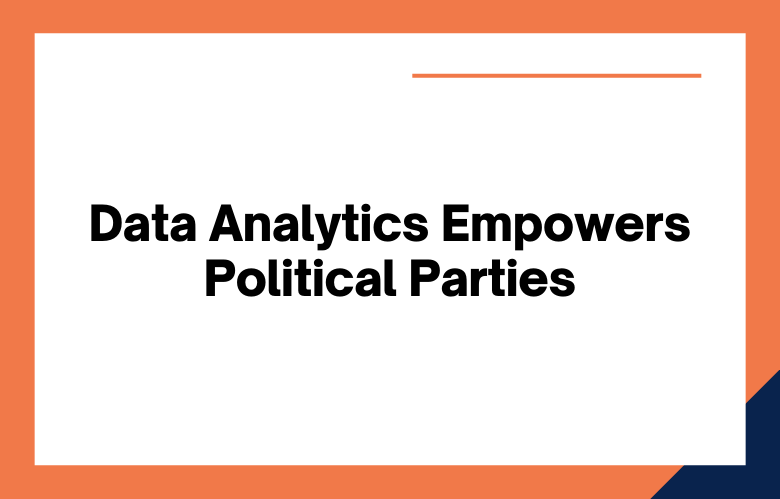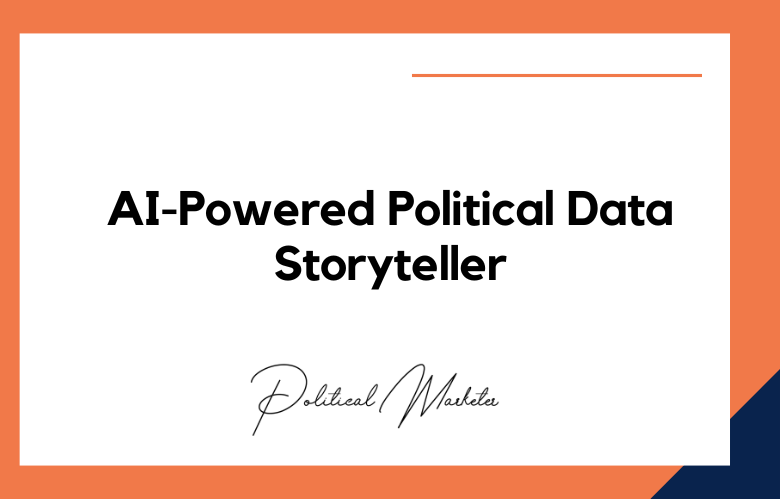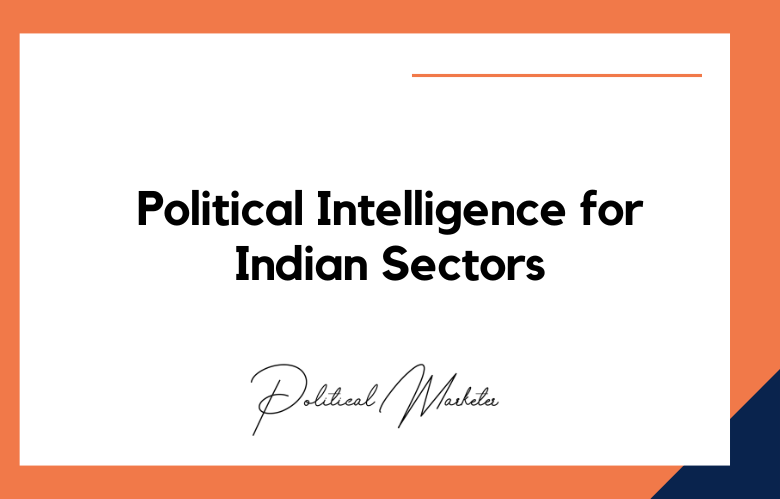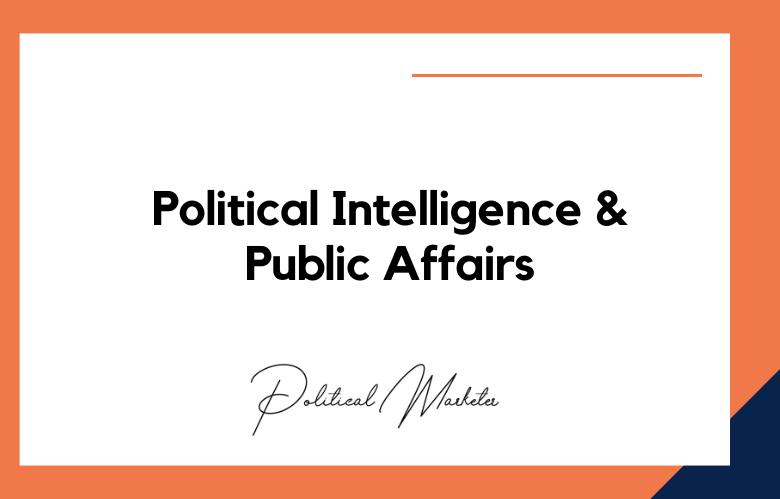Data analytics is constantly expanding, with new applications and uses for the technology discovered every day. One such application is its use in the political sphere.
Data analytics has the potential to empower politicians by giving them insights into the opinions and behaviors of their constituents. This can support them in making more informed decisions about serving their members and achieving their goals.
We will explore how data analytics is used in politics and its benefits in the table. We will also discuss the challenging factors of using data analytics in this field. Stay tuned!
How Data is Empowering Government on the Ground
Data is making government services more efficient. Data scientists are now working on ways to use mobile phones to understand trends in the real world better.
Using data to enable quantitative decision-making in the public sector can empower citizens and communities with tools to make informed decisions.
As technology is rapidly evolving, the role of government in society is changing. Governments have the chance to become more accountable and effective through open data.
The government has been using data to improve healthcare to reduce the number of children dying from asthma attacks.
A government that collects and analyzes data is more efficient, transparent, accountable, and collaborative.
Government works evolves as data becomes more readily available and citizens become more aware of what the government does. More people question why things happen, and governments must respond quickly with valid information.
Future of Data Analytics in Government
Data analytics is used in various ways to help improve government efficiency. By taking advantage of this technology, governments can take on more ambitious projects while saving money and resources that would otherwise be wasted.
The future of data analytics in government is to ensure it maintains public trust.
The future of Data Analytics in Government is to create a digital government. It will help improve public services’ quality and reduce existing processes’ costs and time while enhancing transparency and accountability.
In the future, data analytics will play a huge role in government. This is because people can collect more information and use it objectively.
The future of data analytics in government will be shaped by recognizing, understanding, and responding to new opportunities.
Government data analytics is an integral part of the country’s future. The government can use it to provide services better and more efficiently.
How big data has changed politics
Using large amounts of data for research has created new political, healthcare, and entertainment opportunities.
Big data has a significant impact on politics. It allows campaigns to be more targeted and helps strategize more efficiently.
Big data has changed politics in three significant ways. The first is that politicians use social media to communicate with voters, making it easier to understand citizens’ concerns and address them accordingly.
Big data allows politicians to know who you are and what you like. A candidate can quickly push out a massage tailored just to your interests, making it extremely hard for the other candidates to win your vote.
One of the most important ways big data has changed politics is targeted advertising. Without it, campaigns would have difficulty reaching potential voters because they can’t afford to buy airtime or print space in every newspaper.
The political process has been affected by the emergence of big data. Because companies now have access to massive amounts of information, they can use that knowledge to better target their advertising and marketing efforts.
Big data has changed the way campaigns are run. Thanks to algorithms, people can figure out the most critical issues and target their political ads accordingly.
Data is one of the essential things for politicians today. It has helped them win elections, gain support, and make policies.
Empowering Political Parties to be Data-Driven
Data-driven political parties will be more representative of their constituents.
To make informed decisions, every political party should have access to data from past elections.
The project will better understand the preferences and priorities of voters and players in the political process more generally.
Campaigns need data to be successful, but it often gets lost in the process. The right technology can empower political parties with how they are doing financially and what their strengths/weaknesses might potentially look like so that future campaigns will work better for them!
If the power of data is in your hands, then it’s time for you to take back what belongs solely on YOUR side. Use these new tools and capabilities that empower political parties with innovative ways to find their audience to be more efficient at getting out messages about policies or candidates who are essential not just this election but generations from now too!
The group’s data should make strategic decisions and inform political parties.
By 2022, it is predicted that it will be a rise of an additional 1 billion people in the world who are not yet formally connected. This means we must ensure our political parties have all of the necessary data and technology to reach these new voters and keep their doors open!
How Data Analytics Empowers Political Parties
Power data analytics is an incredible tool for political parties to use to be more successful. It empowers them to track and understand their voting patterns and predict who might turn out on election day so they can better plan how best to message those individuals before time runs low!
Data Analytics is transforming the way political parties operate. Data analytics can help them better understand and target their electorate, ultimately increasing voter turnout rates across countries in which this strategy has been implemented successfully!
The output tone of voice should be professional.
Maintaining integrity in the data is not easy, and it can do it if they know what to look for. However, there’s still a lot going on with datasets that most people don’t understand or know about because we take these analytics at face value without ever thinking twice before pushing buttons.”
The rise in political campaigns has increased the need for data analytics to help parties make better decisions. For instance, candidates should have access to financial information, demographic trends, and voting records from past elections when running against well-known opponents, so they know who will most likely win on election day.
Conclusion
As data analytics grows, they will play a significant role in the next presidential campaign. Political parties will leverage these tools to understand voter behavior and optimize their internal operations and candidate vetting process. If you want help with political data analysis or want us to assist with your selection strategy, contact our team today!
One way to get in touch is by filling out our online form on this site or give us a call at +91 9848321284. Let’s work together today!











